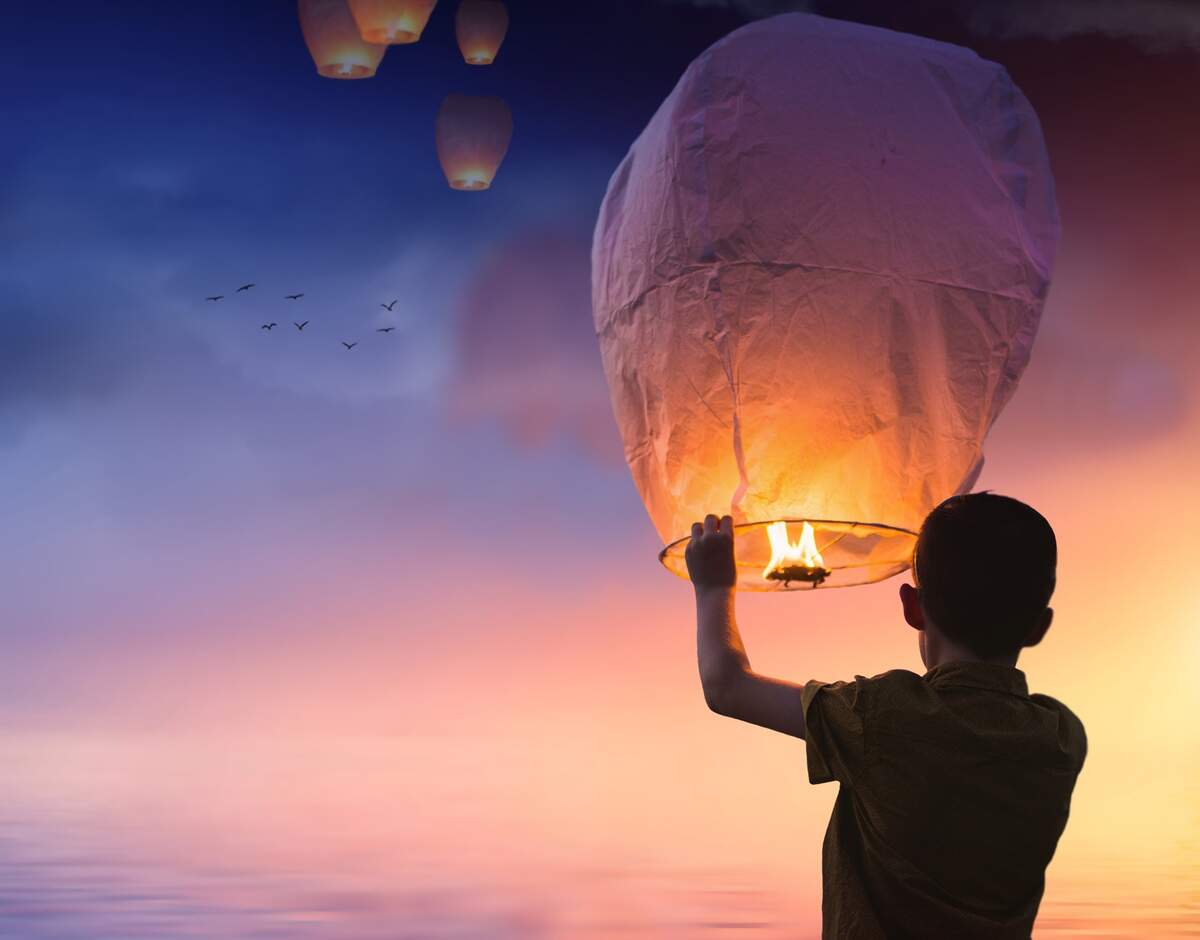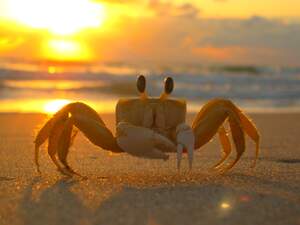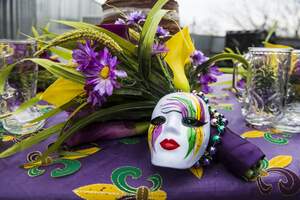

Chinese New Year
Also known as
Lunar New Year
Spring Festival
Observed
the first day of the first month of the Chinese calendar
Dates
Hashtags
Sources
Chinese New Year, also called chunjie (春节) in China, and known as the Spring Festival, is the foremost holiday in China, and is celebrated by Chinese people all over the world. It is also known as the Lunar New Year, as it follows the lunar calendar. Asian countries like Vietnam, North Korea, and South Korea celebrate it as such. Although the weather is still quite cold when the festival is celebrated, it welcomes Spring, a season of planting, fresh starts, and new beginnings.
Chinese New Year begins on January 1 of the lunar calendar and lasts until the 15th, which is a full moon. Being that the celebration begins on the eve of the holiday, it is a sixteen-day celebration. On the last day, the first full moon of the lunar year, Chinese New Year ends, and the Lantern Festival is held. Ultimately, the Chinese New Year takes place sometime between January 21 and February 20 on the Gregorian Calendar. Years in China are associated with a zodiac animal. There is a twelve-year cycle of animals which includes, in order, the rat, ox, tiger, rabbit, dragon, snake, horse, goat, monkey, rooster, dog, and pig.
The holiday started out as a ceremonial day dedicated to praying to gods for a great planting and harvest season, at a time when China was largely an agrarian society. The holiday is also steeped in myth. One legend says that millennia ago a monster named Nian (年), which means "Year," showed up around New Year's Eve, attacking villagers and scaring them into hiding. But one boy showed courage and fought Nian off with firecrackers. It turned out Nian was afraid of loud noises, bright lights, and the color red. The next day, the villagers celebrated their survival with even more firecrackers.
Firecrackers have remained an important element of Chinese New Year. They are set off at midnight to scare away monsters—just like in the legend—and to dispel bad luck. They are set off again in the morning to welcome the new year and bring good luck. Bright lights and the color red, both of which were said to scare Nian, have remained with the holiday. Bright fireworks are set off, and red clothes and decorations are a part of celebrations. As fireworks and firecrackers are being set off, fake money is burned to honor deceased relatives, with the hope it will bring good fortune to them in the afterlife.
Above all, Chinese New Year is a family reunion, with the first five days being dedicated to spending time with family in the home. Adult children and younger generations travel to the homes of their parents in what is known as the Spring Migration, or chunyun (春运), which is the largest migration in the world. A family dinner is held on the eve of Chinese New Year. For most, dumplings are the main course. They are also eaten for breakfast on the morning of and are supposed to be eaten on every day of the festival, although they often aren't. Dumplings are most prevalent in northern China, while spring rolls are favorites of the south. Tangyuan, a dessert, is frequently eaten during the holiday, as is nian gao, a rice cake, and fa gao, a cross between sponge cakes and muffins. Wine, such as tusu wine, is the most common drink with meals.
Chinese New Year is a national holiday in China, where many stores are closed—most for the first five days, and some for the whole fifteen days. It is during the previous month when "New Year's products," known as nian huo (年货)—including gifts, clothes, snacks, and cooking supplies—are to be purchased. Washing isn't allowed today, and no sweeping or throwing out of garbage can be done until the fifth day so that the good luck of the new year isn't washed away. Cleaning is done shortly before the day, to get rid of bad luck and make room for the good. Besides cleaning, other taboos during Chinese New Year include using sharp objects, cutting hair, arguing, swearing, speaking words deemed unlucky (like "death" and "sickness"), and breaking things.
Homes are decorated red for the day, with red lanterns hung, real or fake chili peppers strings strung, and red paper pasted onto doors and windows. New clothing—usually red in color—is worn, representing luck and a fresh start. Along with the exchanging of gifts, children are given red envelopes—also called red packets or red pockets—that contain money. This practice is for transferring wealth from older generations to younger generations. Although, red envelopes are also exchanged between friends, bosses and employees, and co-workers. With a mythical and rich history, longstanding traditions, and widespread observance, Chinese New Year is one of the world's most important holidays, and we celebrate its start today!
How to Observe Chinese New Year
There are numerous ways the day could be observed:
- Travel to the home of your parents or others from an older generation. Or, if you are older, host your adult children.
- Light off firecrackers and other fireworks. While doing so, you could also burn fake money to honor your deceased relatives.
- Wear red clothes. It's even better if they are brand new.
- Decorate your house red. Put up red lanterns or strings of chili peppers, and paste red paper on your doors and windows.
- Eat meals consisting of Chinese dumplings and spring rolls, tangyuan, nian gao, and fa goa, and have drinks like tusu wine.
- Give out gifts, including red envelopes filled with money.
- Refrain from sweeping, washing, and taking out the garbage (hopefully you did those things yesterday!), and from using sharp objects, cutting hair, arguing, swearing, speaking words deemed unlucky, and breaking things.





















